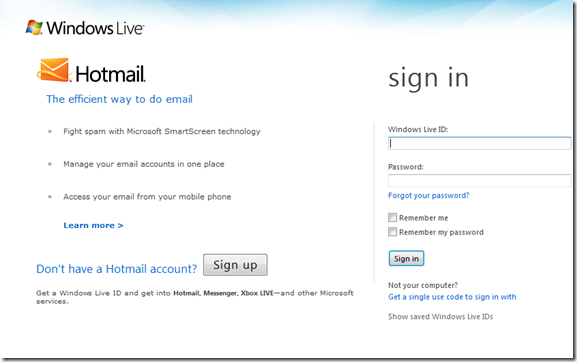

Viral marketing may take the form of video clips, interactive Flash games, advergames, ebooks, brandable software, images, text messages, email messages, or web pages. Consumers receive the page link from a social media network or copy the entire ad from a website and pass it along through e-mail or posting it on a blog, web page or social media profile. Most of the well-known viral ads circulating online are ads paid by a sponsor company, launched either on their own platform (company web page or social media profile) or on social media websites such as YouTube. Viral advertising is personal and, while coming from an identified sponsor, it does not mean businesses pay for its distribution. The concept is often misused or misunderstood, as people apply it to any successful enough story without taking into account the word "viral". It can be delivered by word of mouth, or enhanced by the network effects of the Internet and mobile networks. Its name refers to how consumers spread information about a product with other people, much in the same way that a virus spreads from one person to another. Viral marketing is a business strategy that uses existing social networks to promote a product mainly on various social media platforms. Marketing strategy that uses existing social networks to promote a product


 0 kommentar(er)
0 kommentar(er)
